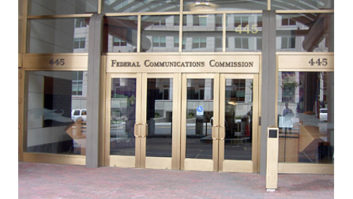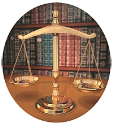Nov. 4 was a momentous day in U.S. history and marked a true inflection point in the country’s political trajectory.
Another vote taken that day could presage similar implications for the broadcast industry.
Some will have noticed that FCC commissioners also met and voted to approve the unlicensed use of “white spaces,” the unused DTV channels in any given market, post-analog TV shutdown, for WiFi-like networking of consumer devices.
Putting aside the technical merits of this decision — and questions on validity of claims that this will cause harmful interference to DTV stations and wireless microphones that share this spectrum — the vote suggests an important shift in the halls of D.C. politics. It was another resounding defeat for the once-vaunted juggernaut lobbying power of the NAB.
The vote put the association’s recent record at 0–2 in its highest-profile policy battles of 2008, the previous loss coming in the satellite radio merger case. It meant that NAB spent a lot of its members’ dollars and political capital in two losing battles this year — not even achieving compromise, but going down essentially to total defeat on both.
Looking ahead at the incoming administration and Congress, we wonder how successful NAB will be in pursuing its positions on other pending matters, like LPFM and media ownership. A new, Democrat-controlled FCC conceivably could rule against NAB’s position on the remaining open issues in the IBOC proceeding, regarding a potential bandwidth cap and/or tax on datacasting.
Worst of all, if the NAB also loses on what will likely be its next highest-profile issue, music performance royalties for broadcast radio — or the performance tax, in NAB’s term — it could be three strikes. It’s hard to say how the new Washington environment will play out on this critical issue or when; but the stakes for an NAB victory in this case are certainly made even higher by its recent record. (And even though President-Elect Barack Obama has said he does not support renewal of a Fairness Doctrine, at least some Democrats would like to see one return, a topic on which NAB would surely be hostile.)
Some might be tempted to see recent developments as more than just the ups and downs of Washington business as usual, but rather the beginning of the end of an era in Washington power circles. We suspect that’s a simplistic reading and that NAB, like so many influence-seeking entities, will adapt with the times and the climate. But we will be watching closely as the Obama administration and other newcomers take their seats and consider our industry’s — and its advocates’ — fate.
— RW






